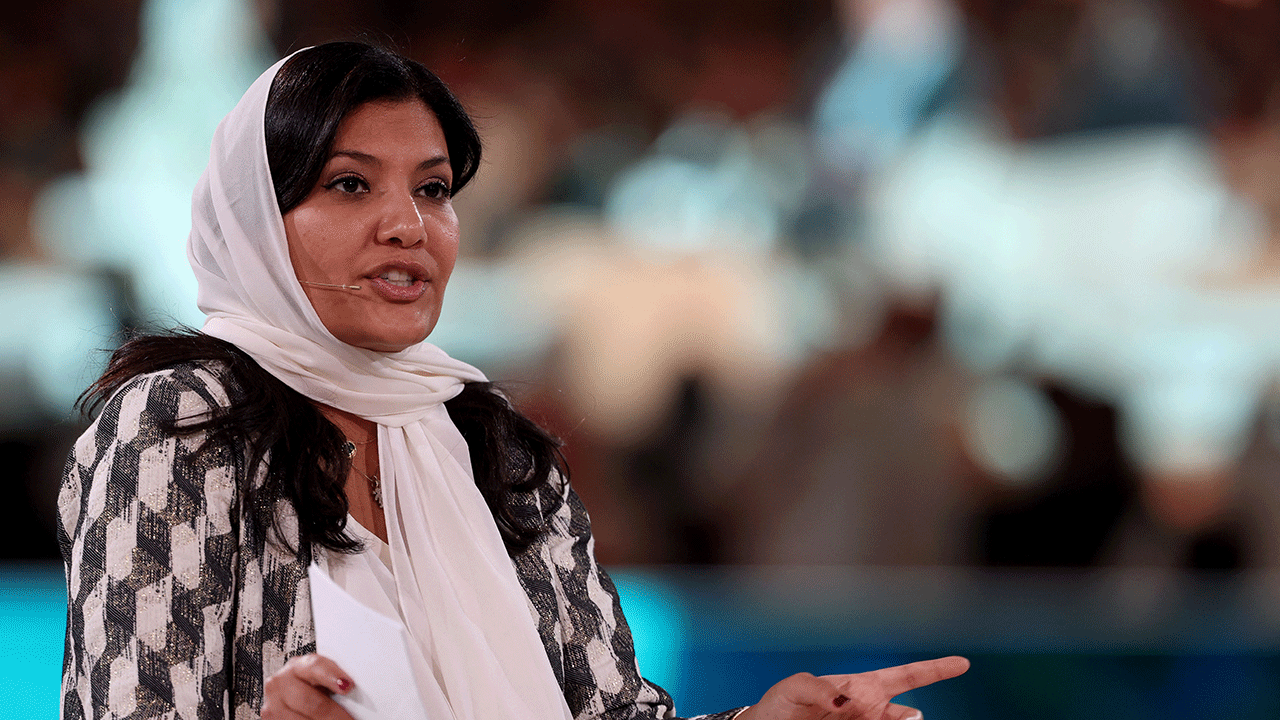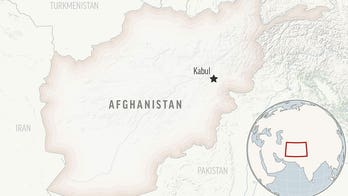A recent study by UNICEF highlights the urgent need for resilient energy systems in Pakistan's health facilities, with the potential to avert over 175,000 deaths by 2030 and boost the economy by $296 million.

In the face of Pakistan's severe heatwave and fragile health care system, a new study by the United Nations children's agency (UNICEF) emphasizes the critical need for resilient energy systems to power health facilities.
Investing in these systems could prevent over 175,000 deaths in Pakistan by 2030, according to the study conducted by UNICEF's Economist Impact Unit. Additionally, it would contribute $296 million to the country's economy over the next two decades by reducing maternal, adult, and infant mortality.

Resilient energy refers to reliable, flexible, accessible, and quality power supplies that can withstand and recover quickly from unanticipated shocks like power outages and floods.
With soaring temperatures reaching 49 degrees Celsius (120 degrees Fahrenheit) in Pakistan, demand for power has surged, straining existing electricity sources. UNICEF highlights the importance of ensuring electricity supply for schools, health centers, and safe drinking water, which are essential for children's survival.
Abdullah Fadil, UNICEF's representative in Pakistan, emphasized, "Children depend on schools, health centers, and safe drinking water for their survival, yet these facilities often don't have the electricity supply to function optimally."
Worldwide, 3.5 billion people live without reliable power. Climate change is also disrupting energy generation and distribution in Pakistan, with floods triggered by monsoon rains in 2022 killing 1,739 people and damaging water infrastructure.
This year, Pakistan experienced its wettest April since 1961, followed by heavy rains in May that resulted in loss of life and destruction of property. Daytime temperatures in May have been significantly above average for the past two decades, raising concerns about flooding due to glacial melting.
To address these challenges, UNICEF has been involved in restoring water systems for 350,000 people after the 2022 floods and implementing solar electrification initiatives in Pakistan.
"Pakistan has an abundance of renewable resources, and by investing in them, we are tapping into a goldmine to help children," said Fadil. "We need the private sector to play a bigger role as public sector resources will not be enough."
Investing in resilient energy systems in Pakistan is not only a humanitarian necessity but also an economic investment, contributing to the country's overall prosperity and securing a healthier future for its people.










